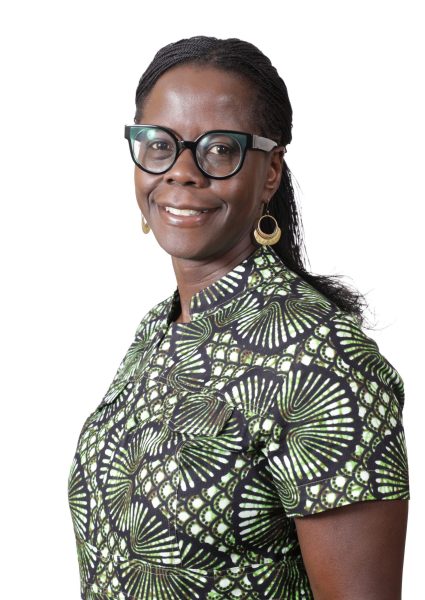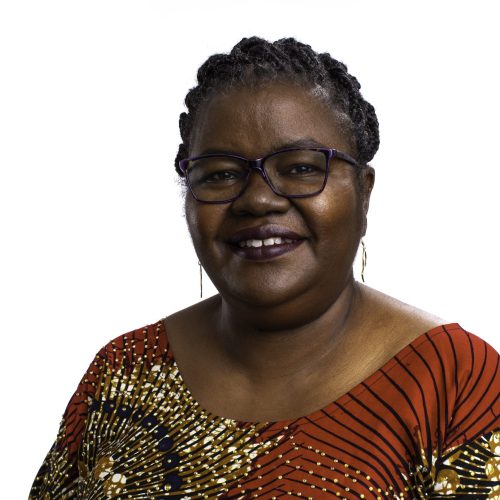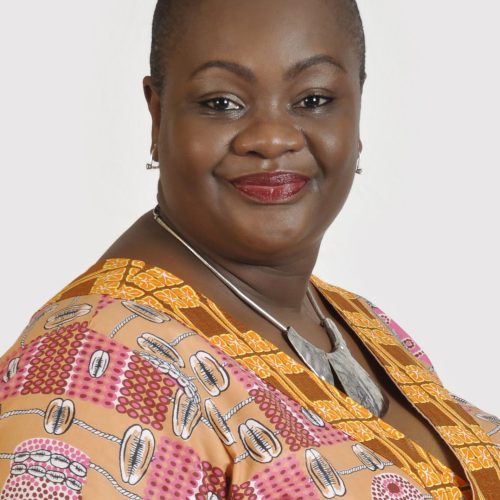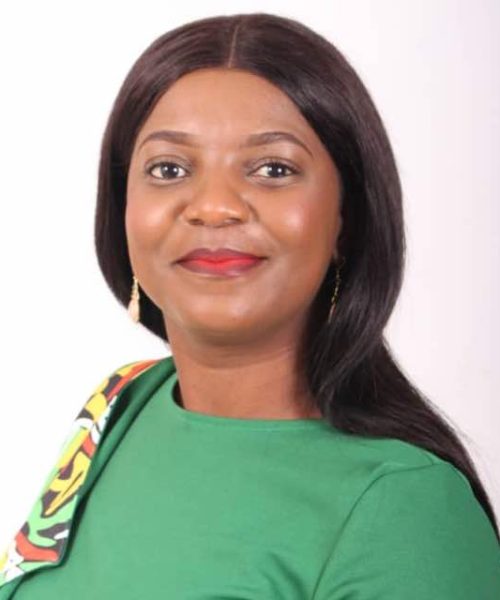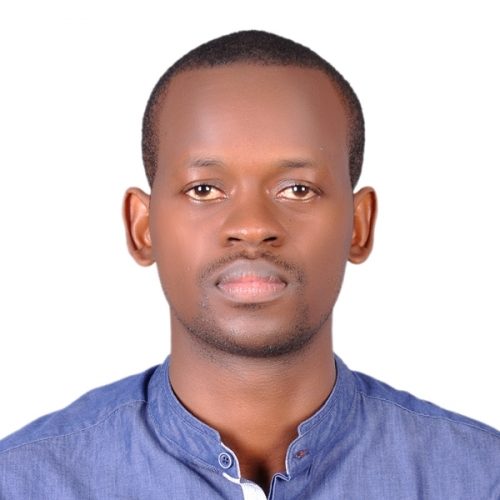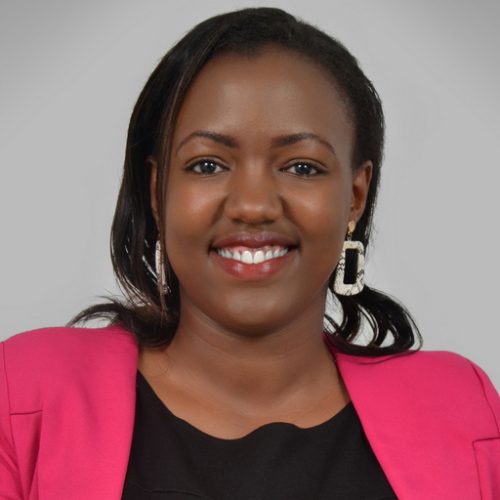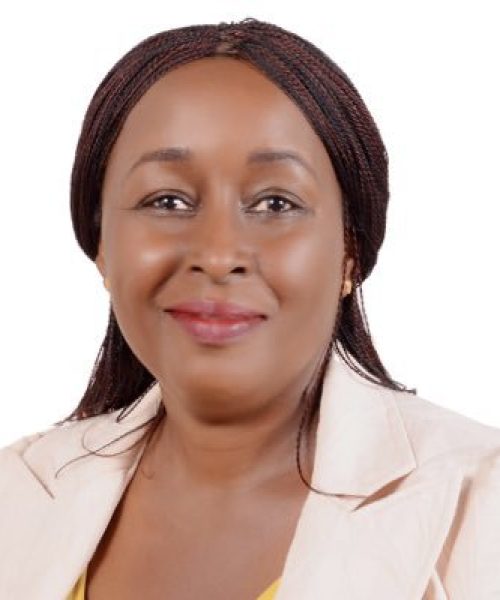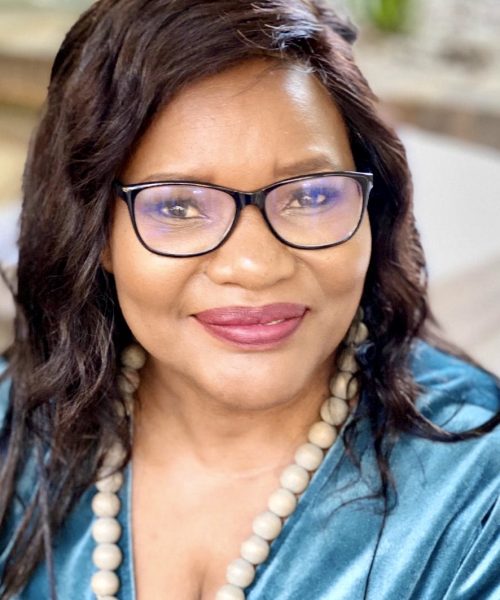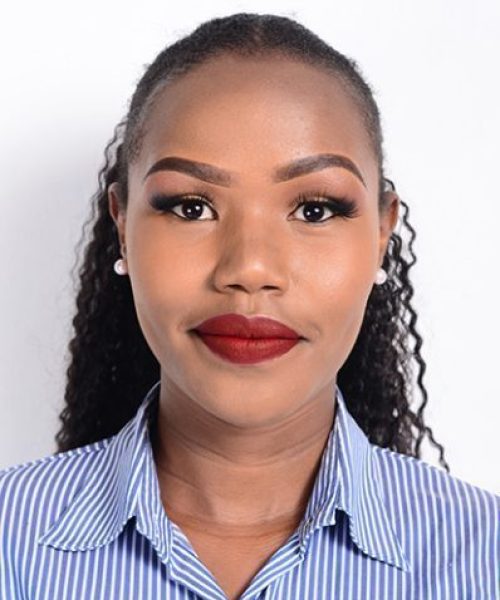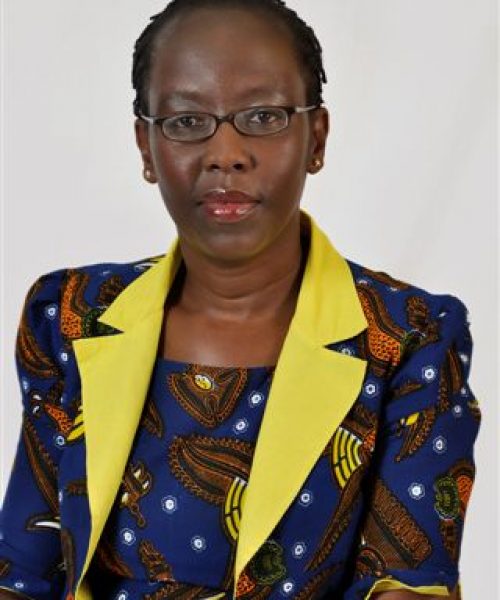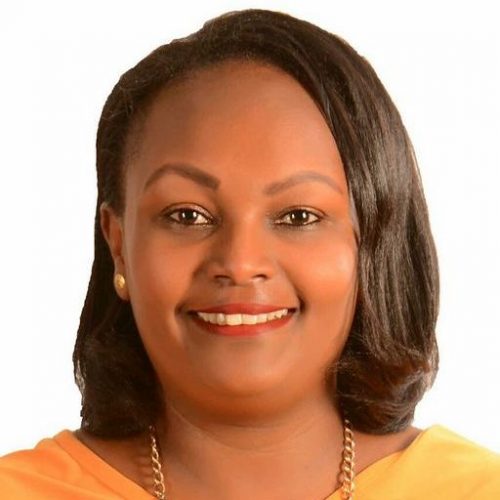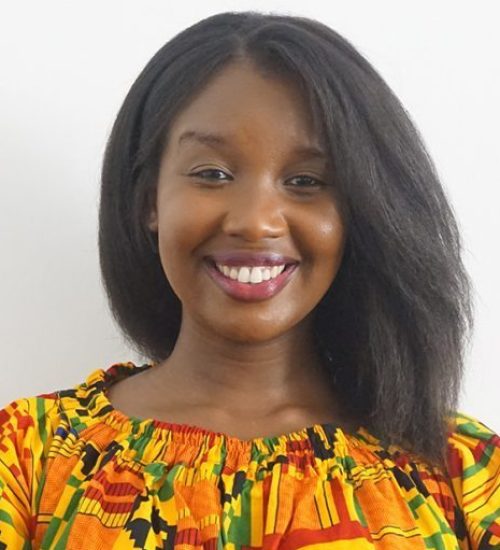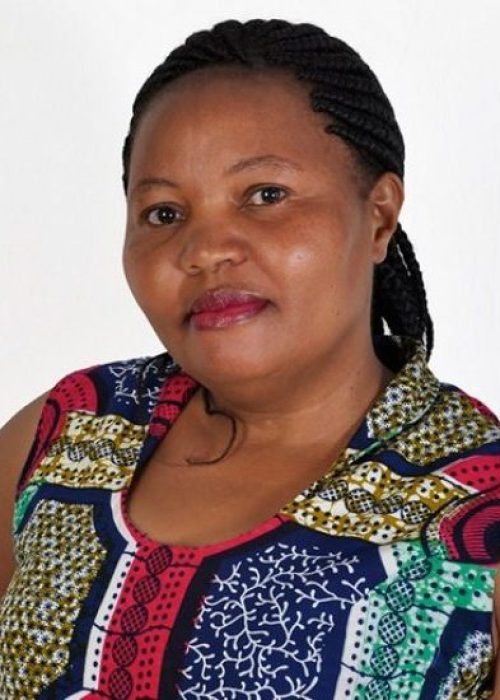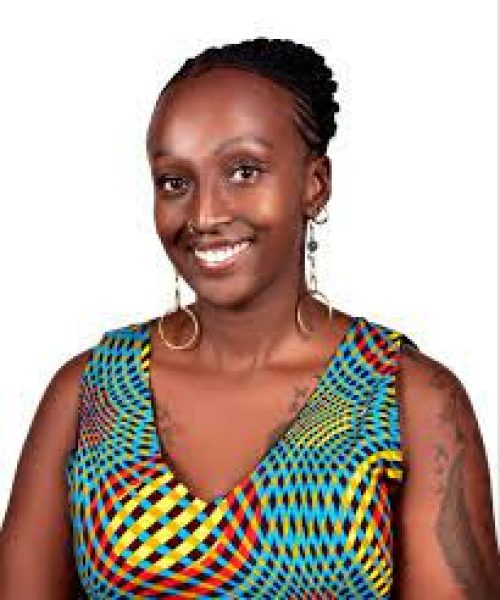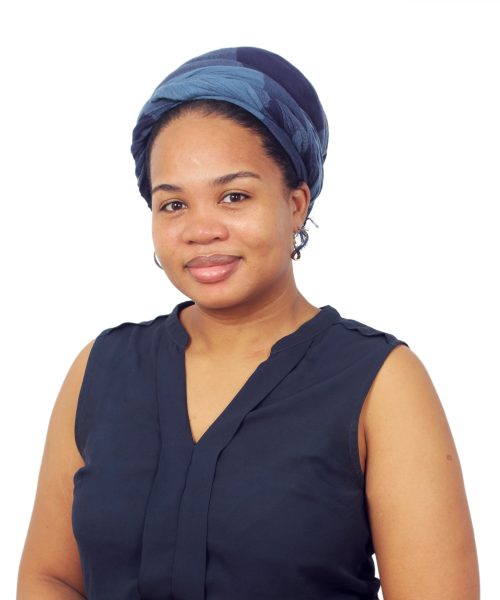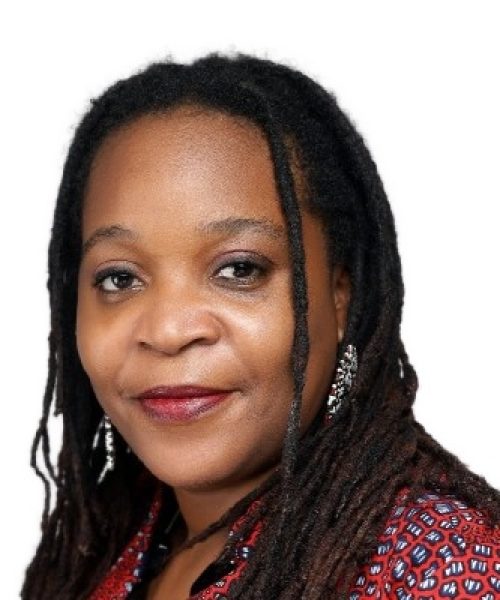
Using Violence and Mobilising Anxiety: Repressing Feminist Activism Online
At Urgent Action Fund-Africa (UAF-Africa), we work to support women’s human rights defenders (WHRDs) who face incredible odds in doing their work. From emergencies related to their security, the security of their groups and organizations, or emergencies involving their loved ones who are targeted because of the activism of WHRDs; to unexpected events that arise during times of political, social and economic crises and upheavals.
We know that social change takes brave actions and people who are willing to stand up for justice. And so we work to support the brave African women activists and activist organisations that are standing up for women’s rights, always in the face of great hostility and violence.
The violence that WHRDs face changes with the kind of activism they do, the tools they use, and certainly, where they operate. One of the tools WHRDs use to disseminate information, advocate, mobilise, organise and advance women’s human rights is the internet. And they face an especially daunting environment there. The nature of violations continuously evolves, from trolling to stalking; “revenge pornography” and image manipulation to receiving online threats; and the constant usage of new tools for surveillance and censorship.
absence of a feminist lens of online harm and the inability of WHRDs to influence strategies for internet governance and regulation; coupled with a lack of awareness of how much private and sensitive information WHRDs give out using the internet, including social networking sites in particular, have meant that we are being ever more affected by online forms of violence and harm. In addition to its very real effects on our ability to organise, mobilise, and stay safe, online violence also causes us to censor ourselves or refrain from speaking up at all. This ultimately hinders our momentum in the various movements and communities we are part of.
We have been tracking the forms of violence that WHRDs report to us through grant reports and during convenings we organise. From their input, we gathered that there are two major areas of work that warrant our attention when thinking about online activism and violence: 1. Violence against WHRDs, which can take many forms, including cyberstalking, image manipulation, trolling, harassment, threats, and blackmail that are used to punish WHRDs who occupy the online public space and use it to advocate for, mobilise, and organise for women’s rights; and 2. Creating moral anxieties to obstruct women’s ability to organise online. Culture and morality are constantly being used to control women’s bodies and behaviours. They are used to justify state interventions that restrict the rights to privacy and freedom of access to information. In September, 2017, for example, Egyptian authorities carried out a large scale campaign to arrest LGBT individuals and activists, after news of concert attendees raising the rainbow flag circulated. Authorities targeted individuals who published online content that ties them to the concert, building an atmosphere of moral outrage to mobilise support for persecution that aims to protect the country’s moral and religious values.
The strategies of violence that WHRDs report to us have grown more complex over the years, from receiving threatening messages on Facebook, to the usage of governments of various tactics to mass produce their own content to distort the digital landscape in their favour without making the sponsored nature of the content explicit.
In July 2017, we organised a convening, with our Urgent Action Fund sister funds, on the closure of civil society space. 60 WHRDs from across the regions in which we fund came together to discuss the manners in which they are experiencing the closure of civic space. The North African activists in the room spoke at length about the internet as an important avenue for mobilising and sharing their ideas. They also spoke about the grave dangers they experience on the internet, and the very real “offline” threats they are facing because of their online activism.
They expressed the need for resources to be available in Arabic (including trainings, research, and manuals) that would enable them to be safer online. They also expressed the need for platforms and spaces where they can share their experiences, and learn, about the different ways in which they are being monitored, threatened and manipulated online. They also want to speak about internet governance issues and spaces that they need to be engaged with to influence the manner in which the internet is experienced by feminist activists. Most importantly, they want these spaces to be Arabic-speaking ones. No instantaneous translators present, or the need to translate often complicated manuals to Arabic.
We found the opportunity to provide Arabic-speaking spaces through the support of the African Women’s Development Fund Leading from the South grants, a funding initiative created to resource women’s rights activism in the global South over 4 years. Through this grant, UAF-Africa will be will be working with WHRDs from Tunisia and Egypt to explore their experiences with online activism. How are they using the internet in the promotion, and their own, exercise of their rights and what are the possible implications of online content regulation measures on this ability? Is the internet still a transformative public and political space? What tactics have they used to avoid surveillance of their activities and from the real risks and dangers that they can face online? How can we develop trust and a greater sense of certainty when using ephemeral technology to create content, interact with others, grow trusted networks, and create safe spaces for ourselves?
Check back here regularly to read – in Arabic and English- about the experiences of WHRDs in resisting online violence.
As feminists who are active users of the internet for our personal use and activism, this project will work with the following principle from the Feminist Principles of the Internet in mind: “The attacks, threats, intimidation and policing experienced by women and queers are real, harmful and alarming, and are part of the broader issue of gender-based violence. It is our collective responsibility to address and end this.” Our struggle for safe online spaces is one that forms part of a continuum for our resistance in other spaces, public, private and in-between.
استخدام العنف وحشد القلق قمع النشاط النسوي على الإنترنت
في 2017، نشرت منظمة فريدوم هاوس تقرير الحرية على الإنترنت، والذي وثق أداء 65 بلدا فيما يتعلق بالحريات الإلكترونية، مما يغطي وضع 87 في المئة من مستخدمي الإنترنت في العالم. جائت نتائج التقرير مخيبة للآمال – ما يقرب من نصف البلدان الـ 65 التي تم تقييمها 2017 شهدت انخفاضاً في الحريات الرقمية خلال فترة التغطية، في حين حققت 13 فقط مكاسب، معظمها طفيفة؛ في حين زاد عدد البلدان التي شهدت أعمالا انتقامية جسدية عقابا على كتابات على عبر الإنترنت بنسبة 50 في المائة في الفترة من 2016-2017؛ وفي ثمانية بلدان، تم قتل أفراد بسبب تعبيرهم على الإنترنت.
تواجة المدافعات عن حقوق المرأة تحديات خاصة عبر الإنترنت. وبما أن الإنترنت أداة مهمة للمدافعات عن حقوق المرأة لنشر المعلومات، القيام بأعمال المناصرة، والحشد والتنظيم، فهم يواجهون انتهاكات مستمرة عبر الإنترنت. تتنوع هذة الانتهاكات من التصيد (التروللينج)، التتبع، التلاعب بالصور، حتى تلقي تهديدات مباشرة عبر الإنترنت؛ ويضاف إلى هذا التطور الدائم في أدوات للمراقبة والرقابة. ومع تضاعف أدوات الانتهاكات عبر الإنترنت وزيادة تعقيدها، هناك عوامل من بينها غياب العدسة النسوية لمفهوم الضرر الرقمي وعدم قدرة المدافعات عن حقوق المرأة في التأثير في استراتيجيات إدارة الإنترنت وتنظيمها؛ إلى جانب نقص الوعي بالمعلومات الخاصة والحساسة التي تشاركها المدافعات عن حقوق المرأة عن طريق الإنترنت- خاصة عبر مواقع التواصل الاجتماعي- يعني أننا أكثر عرضة لأشكال مختلفة من العنف والأذى عبر الإنترنت. بالإضافة إلى آثاره الكبيرة على قدرتنا على التنظيم والحشد، والبقاء آمنات، يسبب لنا العنف عبر الانترنت أيضا في مراقبتنا لأنفسنا أو امتناعنا عن التحدث على الإطلاق، مما وهذا يعيق، في نهاية المطاف، زخمنا في مختلف حركاتنا.
من خلال عمل صندوق التحرك العاجل لحقوق المرأة في أفريقيا مع المدافعات عن حقوق المرأة، وجدنا أن هناك مجالين رئيسيين يستدعيان اهتمامنا عند التفكير في النشاط والعنف على الإنترنت:
- العنف ضد المدافعات عن حقوق المرأة، والذي يمكن أن يتخذ أشكالا عديدة، بما في ذلك الملاحقة الاكترونية، والتلاعب بالصور، والتصيد، والتحرش، والتهديدات، والابتزاز. كل الأمثلة السابفة هي أشكال لمعاقبة المدافعات اللاتي يشغلن المساحة العامة على الإنترنت ويستخدمونها للدفاع عن، والحشد، لحقوق المرأة. ويمكن أن يرتكب هذا العنف مواطنون متحفظون، أو حكومات.
- خلق المخاوف الأخلاقية لعرقلة قدرة المدافعات على التنظيم عبر الانترنت. يتم استخدام الأسباب الثقافية والأخلاقية باستمرار للسيطرة على أجساد النساء وسلوكياتهن ولتبرير تدخلات الدولة التي تقيد الحق في الخصوصية وحرية الوصول إلى المعلومات. ففي أيلول / سبتمبر 2017، على سبيل المثال، قامت السلطات المصرية بحملة واسعة النطاق لإلقاء القبض على الأفراد مغايري الهوية الجنسية بعد تداول أخبارعن علم القوس القزح في حفلة غنائية. من بين الذين تم استهدافهم من قبل السلطات كانوا الأفراد الذين نشروا محتوى عبر الإنترنت يربطهم بالحفل، حيث تم خلق حالة من الغضب والهلع الأخلاقي لحشد التأييد للاضطهاد الذي يهدف إلى حماية القيم الأخلاقية والدينية للبلد. يتم يستخدم الهلع الشعبي أيضا لدعم الحظر الاكتروني. في كانون الأول / ديسمبر 2016، على سبيل المثال، ادعت وزارة الداخلية المصرية أنها أغلقت 163 صفحة على الفيسبوك واعتقلت 14 من المسؤولين عن إدارة الصفحات بتهمة “التحريض على ارتكاب أعمال التخريب ضد مؤسسات الدولة والمواطنين”.
ازدادت الاستراتيجيات المستخدمة لتنفيذ مظاهر العنف عبر الإنترنت المشار إليها أعلاه تعقيدا على مر السنين. وأصبحت الحكومات الآن قادرة على استخدام أساليب مختلفة لانتاج المحتوى الخاص بها لتشويه المشهد الرقمي لصالحها دون جعل طبيعة الرعاية الجكومية للمضمون واضحة. ويتم إجراء هذه التشوهات من قبل معلقين مدعومين ماديا من الحكومات، أو عبر توظيف موظفين متفرغين للتعامل مع المحتوى الرقمي. كما تستخدم الجهات الفاعلة الحكومية وغير الحكومية أيضا الحسابات الآلية على وسائل التواصل الاجتماعي للتأثير على الخطاب السياسي عبر الإنترنت. فمن الممكن الآن خلق الآف من الحسابات الوهمية التي يتم برمجتها لاستهداف أشخاص بعينهم، أو كلمات مفتاحية محددة، لإسكات الأصوات المعارضة أو إعاقة محاولات العمل الجماعي عبر الانترنت.
في مصر،[1] قامت السلطات بحجب أكثر من 100 موقع على شبكة الإنترنت، بما في ذلك موقع قناة الجزيرة الإخبارية القطرية، الموقع الإخباري المستقل مدى مصر، ومنصة التدوين “ميديام”. وبحلول تشرين الأول / أكتوبر 2017، ارتفع عدد المواقع الالكترونية المحجوبة إلى 434. كما حجبت السلطات المواقع الإلكترونية لمختلف الأدوات التي تساعد على التحايل على الرقابة، بما في ذلك تور وتونلبير وسيبيرغوست وهوتسبوت شيلد وتيجيرفي بي إن، وشبكات افتراضية خاصة أخرى (VPN) وخدمات بروكسي. كما تم استهداف ناشطين في سبع منظمات حقوق إنسان في حملة واسعة من قبل هاكرز في عام 2017. وفي الوقت نفسه، يقوم البرلمان بمراجعة مشروع قانون الجرائم الاكترونية الذي يمكن أن يقوض حرية الأفراد على الإنترنت، واقترح المشرعون بشكل منفصل إجبار مستخدمي وسائل الإعلام الاجتماعية على التسجيل لدى الحكومة ودفع رسوم شهرية.
في تونس،[2] تواصل الحكومة استخدام أحكام التشهير الجنائي في قانون العقوبات لمحاكمة المواطنين لانتقاد النظام عبر الانترنت. لا يزال التشهير بزعماء الدولة والمؤسسات العامة جريمة جنائية. وعلى الرغم من حماية حرية التعبير في دستور ما بعد الثورة، فإنه حتى منتصف عام 2017 لم تكن هناك مقترحات لتعديل أو إلغاء هذا التشريع وغيره من التشريعات المثيرة للجدل والتي ورثتها البلد من نظام حكم الرئيس المخلوع زين العابدين بن علي. ومع أن الرقابة ليست شديدة في تونس، حيث يتم استخدام أدوات التواصل الاجتماعي الشائعة مثل فاسيبوك ويوتوب وتويتر وخدمات استضافة المدونات بحرية نسبية، إلا أن القوانين القمعية لنظام بن علي لا تزال تشكل أكبر تهديد لحرية الإنترنت. على سبيل المثال، تنص المادة 86 من قانون الاتصالات السلكية واللاسلكية على أن أي شخص يثبت إدانته بـ “استخدام شبكات الاتصالات العامة لإهانة الآخرين أو إزعاجهم” يمكن أن يقضي مدة تصل إلى سنتين في السجن ومن الممكن أن يطالَب بدفع غرامة. وتنص المادة 121 (3) على عقوبة قصوى بالسجن لمدة خمس سنوات على المدانين بنشر محتوى “من شأنه أن يلحق ضررا بالنظام العام أو الآداب العامة”. وفي حين أن خطط إدخال قانون الجرائم الإلكترونية لم تتحقق، إلا أن لجنة تتألف من أعضاء وزارتي تكنولوجيا المعلومات والاتصالات ووزارة العدل تشكلت لإعداد مشروع لعرضه على مجلس الوزراء للموافقة عليه قبل اعتماده من قبل البرلمان. وشمل مشروع قانون سابق، تم تسريبه في عام 2014، أحكاما اشكالية تنطوي على تجرم التشهير الجنائي عبر وسائط الإعلام الرقمية.
يدرك صندوق التحرك العاجل لحقوق المرأة في أفريقيا حقيقة الاستخدام الواسع للأدوات والمنابر الإلكترونية للإوقاع بالمدافعات عن حقوق المرأة، ويدرك أيضا نقص الموارد باللغة العربية التي تتضمن تفاصيل تجارب هؤلاء الناشطات، أو المعلومات باللغة العربية حول كيفية تجنب العنف الرقمي الذي تقوم به جهات حكومية وغير حكومية. سيعمل صندوق التحرك العاجل لحقوق المرأة في أفريقيا من خلال هذا المشروع مع المدافعات عن حقوق الإنسان في تونس ومصر لاستكشاف خبراتهن مع النشاط اإللكتروني. كيف يستخدمون الإنترنت في الترويج لأفكارهن، وممارسة حقوقهن وما هي الآثار المحتملة لتدابير تنظيم المحتوى عبر الإنترنت على هذه القدرة؟ ما هي التكتيكات التي يستخدموها لتجنب مراقبة أنشطتهم ومن المخاطر والأخطار الحقيقية التي قد يواجهونها عبر الإنترنت؟ كيف يمكننا تطوير الثقة وإحساس أكبر باليقين عند استخدام التكنولوجيا سريعة الزوال لإنشاء المحتوى، والتفاعل مع الآخرين، وتنمية شبكات يمكننا الوثوق بها، وخلق مساحات آمنة لأنفسنا؟
كنسويات مستخدمات للإنترنت من أجل استخدامنا الشخصي ونشاطنا النسوي، يستلهم هذا المشروع عملة من المبدأ التالي من المبادئ النسوية للإنترنت: “إن الهجمات والتهديدات والترهيب التي تتعرض لها النساء والمغايرين جنسيا حقيقية ومضرة ومثيرة للقلق، وهي جزء من قضية العنف الجنساني الأوسع نطاقا. ومن مسؤوليتنا الجماعية أن نتناول هذة الظاهرة وأن ننهيها”.
[1] https://freedomhouse.org/report/freedom-net/2017/egypt
[2] https://freedomhouse.org/report/freedom-net/2017/tunisia

